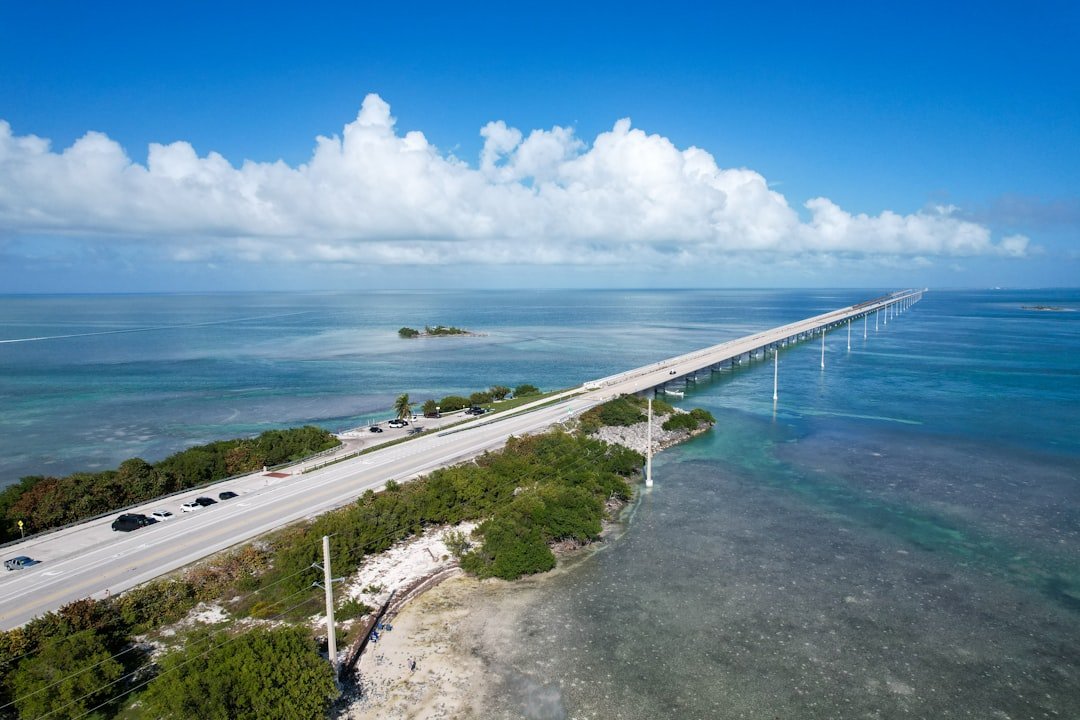
Countless people harbor dreams of relocating to a foreign land and leaving their homeland behind, yet only a minority ever take the bold step to make it a reality. This gap often stems from a mix of personal and practical challenges that keep aspirations grounded.
Various factors contribute to this hesitation. Uncertainty about what lies ahead can be daunting, as exploring new territories involves stepping into the unpredictable. Adapting to an unfamiliar cultural environment adds another layer of complexity, demanding flexibility and openness. Financial considerations play a significant role too, with relocation costs—including visas, moving expenses, and initial setup—potentially adding up to thousands of dollars per person, according to global migration reports. Additionally, there’s the lingering worry that the move might not pan out as hoped, leading to potential regret or the need to return.
Nevertheless, overcoming these obstacles can lead to transformative rewards. Partnering with a qualified immigration attorney and embarking on this journey can dramatically expand the scope of your experiences. Suddenly, you’re thrust into unexpected scenarios that reshape your perspective and enrich your daily life in profound ways.
You Get To Broaden Your Horizons
Most individuals tend to remain rooted in one location throughout their lives, viewing it as the default path since it’s what they’ve always experienced. The notion of embracing a radically different setting rarely crosses their minds. For those who do venture abroad, however, the revelation is eye-opening; they uncover alternative lifestyles that challenge their assumptions. For instance, relocating to a nation in the Anglosphere might highlight a strong focus on individual rights and freedoms, a contrast to the community-oriented values prevalent in many other societies, as noted in cultural studies from organizations like the World Values Survey.
This exposure fosters a deeper understanding of global diversity, helping people realize the limitations of their previous worldview and encouraging a more inclusive mindset.
You Learn A New Language
While not every destination features a completely distinct language, the majority boast unique regional dialects or variations that provide rich opportunities for linguistic growth. Settling in such a place immerses you in an environment where language acquisition becomes a natural process. Over time, this can lead to full proficiency, unlocking doors to enhanced career prospects, deeper social connections, and even cognitive benefits—studies show that bilingualism can improve brain health and problem-solving skills, as supported by research from institutions like the American Psychological Association.
You Push Yourself Out Of Your Comfort Zone
Experts frequently advocate for the advantages of stepping beyond familiar boundaries, but translating this advice into action requires concrete steps. In essence, it involves relinquishing some control and embracing novelty. Choosing to relocate to another country exemplifies this perfectly, even with prior arrangements like employment or housing in place. Life becomes filled with unforeseen elements—what scholars term as contingent factors—such as new relationships or unexpected life paths. This unpredictability, while intimidating, injects excitement and personal growth into the experience, fostering resilience and adaptability in ways that routine living seldom does.
You Can Enjoy Some New Foods
Back home, you might sample versions of international dishes, but seasoned explorers will attest that these pale in comparison to the originals. True culinary immersion demands being on-site, where flavors are authentic and unfiltered. Once you arrive, the discovery process begins, revealing a treasure trove of dishes you never knew existed. This gastronomic adventure not only delights the senses but also serves as a gateway to understanding local traditions, with global food tourism contributing billions to economies worldwide, as reported by the World Travel & Tourism Council.
You Can Lower Your Cost Of Living
Transitioning from a high-income country to one with emerging economies can significantly reduce everyday expenses. Items like housing and utilities, which might strain budgets at home, become far more affordable, often at a fraction of the cost—data from the World Bank indicates that in many developing nations, basic needs can be met on as little as $1,500 to $2,500 annually for individuals. This shift allows for a more comfortable lifestyle without the financial pressures, enabling greater freedom to explore and enjoy life. It’s worth noting that a large portion of the global population, estimated at over 85% according to United Nations statistics, lives on less than $5,500 per year, making such destinations surprisingly accessible for savvy movers.




